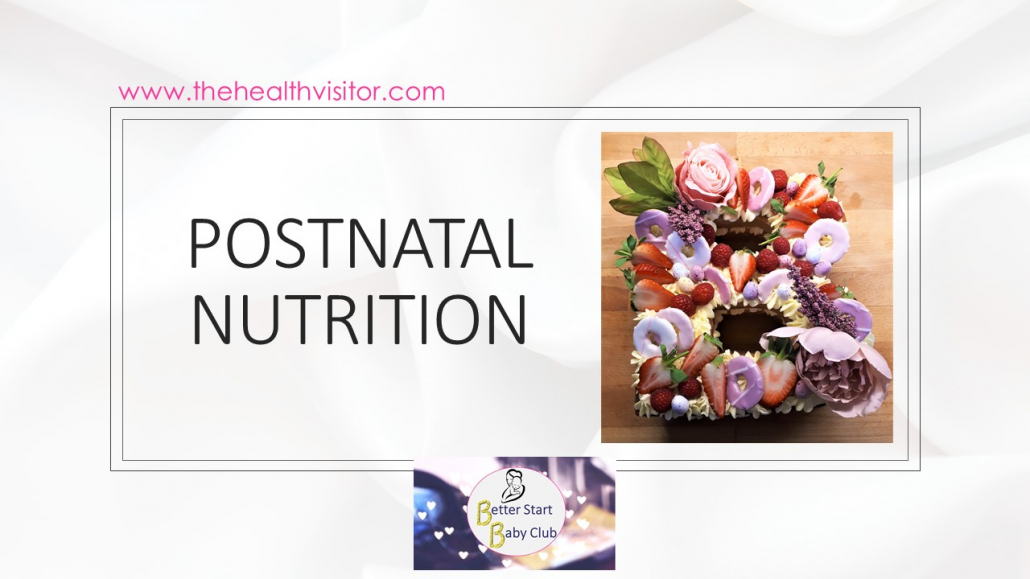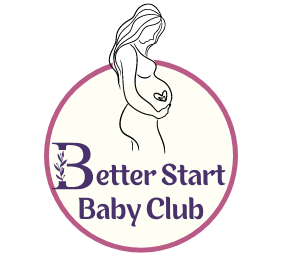EATING well while breastfeeding can be really challenging with a new-born to take care of & a shortage of sleep. Even more so if you have an active toddler to contend with during the day as well. However, making sure that you are eating well can not only help your energy levels, but also your milk supply too.
Batch cooking can be a good way of filling your fridge & freezer with lots of nutritious meals that are ready to reheat. Lots of mums find they are especially hungry while breastfeeding & so it’s a good idea to have lots of healthy snacks to hand, for when temptation strikes!

Top tips for optimising nutrition after a baby:

Vitamin D is vital for optimal functioning of 20% of our genes & most people can’t make enough from sunshine alone in the UK, which is why it is recommended we all take a Vitamin D supplement.

Eat wholegrain foods such as brown pasta, bread & rice.

Eat at least 5 portions of fruit & vegetables per day.

Aim for a fibre intake of 30g (especially important immediately after giving birth) so enrich your diet with extra dried fruit, beans, & lentils, in addition to fruit, vegetables & whole grain carbohydrates.

Include foods rich in calcium in your diet, either dairy products, or non-dairy such as tofu, pulses & dried fruit.

Drink plenty of fluids – avoid caffeine & sugary drinks instead choose water. There are lots of ways of making water more interesting such as adding herbs like mint or slithers of vegetables

Aim for a diet rich in Omega 3 from seeds, nuts, seaweed and oily fish & consider taking a high quality supplement.
 Ensure you are eating healthy mono-unsaturated fats such as those found in avocados, nuts & extra virgin olive oil. Have a handful of mixed nuts per day.
Ensure you are eating healthy mono-unsaturated fats such as those found in avocados, nuts & extra virgin olive oil. Have a handful of mixed nuts per day.

